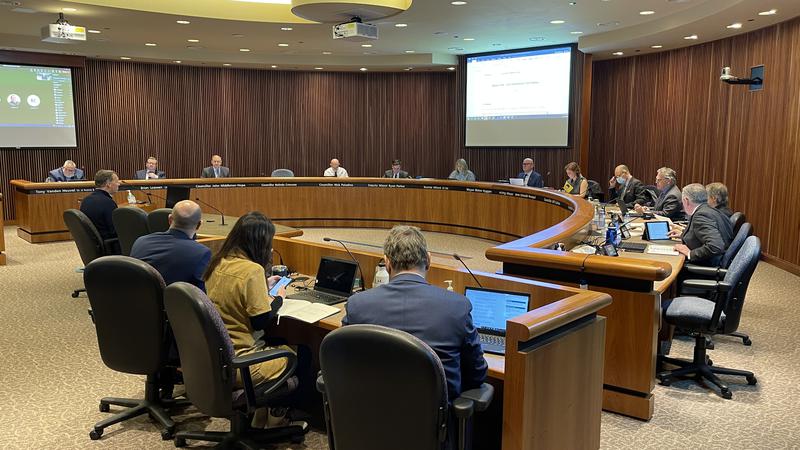
City of Lethbridge to explore “precinct” electoral model, not creating ward commission
LETHBRIDGE, AB – Lethbridge City Council has voted to change course on implementing a potential new electoral system.
At the Tuesday, December 13, 2022, regular meeting of council, members first voted 7-2 to rescind its June 2022 decision to form a commission to study a possible ward electoral system in time for the 2025 municipal election.
READ MORE: Lethbridge City Council votes to form commission on possible ward system
Councillor John Middleton-Hope says, with a budget of up to $297,000, the previously-approved process was too expensive and would take too much time.



